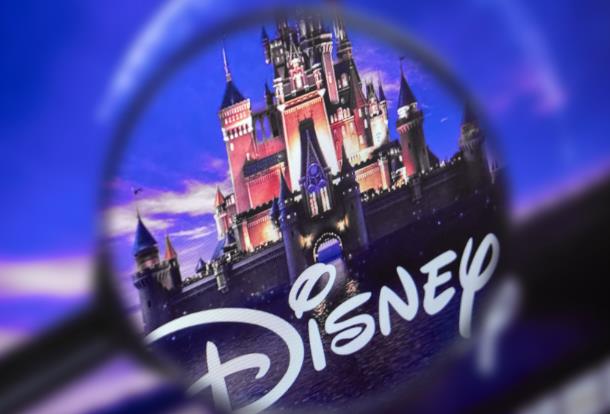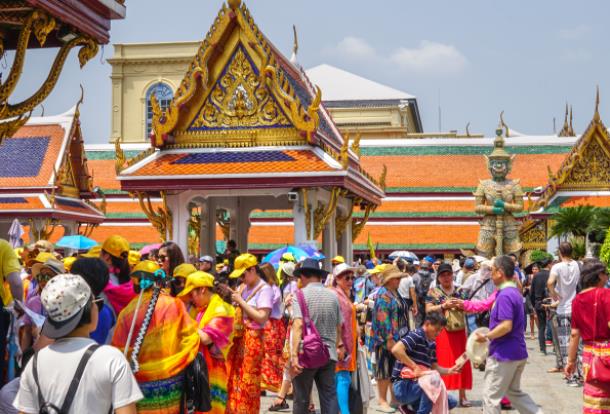Airbnb continues to be one of the travel industry’s favorite topics, right up there with Google’s march towards dominance in the same industry.
Take, for example, Airbnb's massive investment in OYO, which gives it a stake in a potentially formidable competitor that also helps Airbnb hedge its bets in a growth market like India.
As lines blur between platform and provider, there are some real questions around rate parity and price competitiveness in this brave new world.
Getting to that apples-to-apples comparison
Most travelers can compare hotels to vacation rentals on the same platform. Vacation rentals are a significant source of revenue for Expedia and Booking.com, Google users can search vacation rentals via the hotel product and Airbnb has already begun adding HotelTonight to its existing hotel supply.
For consumers, comparing vacation rentals directly to hotels in search results is a desirable experience that expands choice. But it also means that there are no easy apples-to-apples comparisons.
The amenities and property characteristics that make a four-star hotel are not what make a four-star-reviewed vacation rental property. For guests, this is a complicated process that affects how they perceive hotel value propositions.
For hotels, the direct comparison of “hotels versus vacation rentals” in a single interface makes it nearly impossible to benchmark against vacation rentals in their comp set. As hotels look for ways to price competitively alongside rentals, there’s a growing need to surface this information in a way that’s relevant, says OTA Insight’s global commercial manager, Clive Wood:
"It has to make sense as far as comparing star categories and other property details. It’s not easy to do. Existing benchmarks are more for other property managers who manage multiple units rather than the hotels, who need to benchmark their own prices against a competitive set that’s growing more complex."
Navigating new commission models - and more content to update
Evolving commission models also create a parity headache for hotels. Again, it comes down to consumers being able to get to that direct comparison between different types of accommodations presented on the same platform.
For vacation rentals on Airbnb, the majority of Airbnb’s commission revenue comes from its guest fee. Depending on factors like reservation length and property type, this fee ranges from 5 to 20%.
For hotels, the platform recently announced a move to “host-only” fees for hotels in many regions. The change brings Airbnb more in line with how other OTAs charge commissions.
Even with this new commission structure, there’s an opaque pricing environment where guests can’t determine the true cost of accommodation. The added complexity for consumers can also impact a hotel’s revenue management strategy.
In addition, Airbnb-as-OTA introduces the challenge of consistent content. As hotels adapt to Airbnb’s unique structure (such as reviewing guests and guest communications), hotels must build new muscle memory. Content needs to be updated, guests need to be reviewed and communications must be managed within Airbnb’s own platforms.
These are all new tasks that require updated workflows and careful attention to the dynamics and expectations of a new platform.
Spiking customer acquisition costs
The Expedia/Booking duopoly already dominates digital marketing, out-manoeuvering many hotels in advertising auctions. Once Airbnb goes public, there’s added pressure to perform. Add in another competitor flush with cash, and digital advertising costs may skyrocket further.
It's possible that online advertising will become even more competitive, pushing search and social advertising further out of reach for many hotels. To compete effectively against the sophisticated demand engines, more hotels will turn to digital marketing agencies - further increasing marketing costs.
More disintermediation?
In contrast to Google’s cost-per-click model, Airbnb is the merchant of record. So familiar complaints about losing direct access to the guest relationship remain.
If hotels push more inventory to Airbnb to take advantage of the lower commissions, they face similar struggles with pulling guests into their own ecosystem for future bookings.
On the flip side, if Airbnb manages to actually keep commissions lower than other platforms, then the disintermediation may be welcome.
Airbnb has great brand recognition and generates demand without advertising as heavily as OTAs. The distribution cost may align with hotel expectations, and then the Airbnb/hotel relationship is less confrontational.
Focus, focus, focus
There’s a lot going on at Airbnb. The company is busy building an end-to-end platform that includes its existing Experiences product, in addition to emerging initiatives around trip planning and transportation.
A lack of focus and competing priorities may lead the company to falter. Google may continue to insert itself into how travelers search and book travel. And, of course, the OTA duopoly will keep evolving.
It’s really all about focus. Hotels can’t control growing distribution complexity and must continue to do what they do best: deliver a singular experience that guests can’t get elsewhere.
Read Original Article




